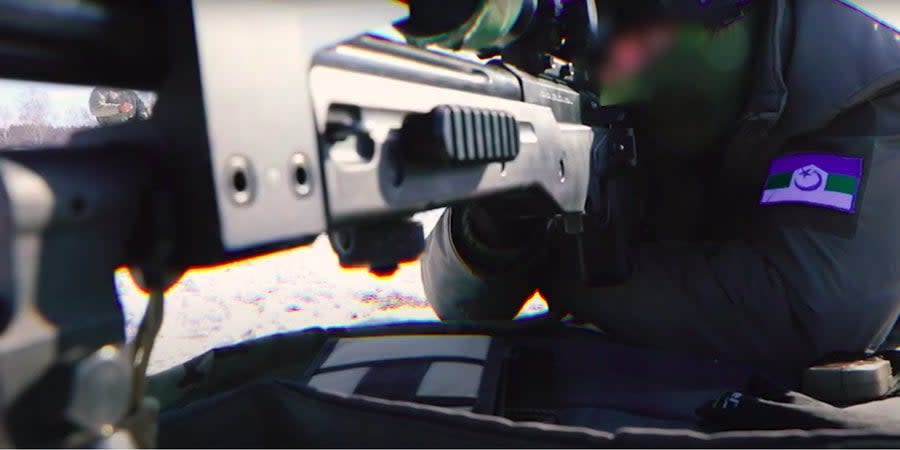Growing independence sentiment in Bashkortostan amid Russia's Ukraine invasion

- Oops!Something went wrong.Please try again later.
Russia's full-scale invasion of Ukraine has intensified the desire for independence in Bashkortostan, Ruslan Gabbasov, Bashkir National Movement's committee head, said in an interview with NV on May 25.
"Since the invasion began, society in Bashkortostan has become polarized. Some have been swayed by Russian propaganda to view Ukraine through the lens of Nazism, while others, particularly those inclined to protest, increasingly support the idea of separating from the Russian Federation," Gabbasov explained. Previously, this latter group had only sought greater autonomy within Russia.
"Two years ago, the Bashkir people were mostly skeptical about independence, but today, a significant number are joining our cause, believing that independence is the only way to save our nation," he added. This new wave of support includes many influential figures in culture and science, though they tend to express their views privately due to the sensitive nature of the topic.
Read also: Ukraine's Cessna-like drones outwitting Russia's air defense systems – Business Insider
Despite this growing enthusiasm, Gabbasov acknowledged that the movement faces considerable opposition: "About 80% of Bashkirs back independence, and nearly half of the Tatars view it positively. However, more than 80% of ethnic Russians oppose it. Thus, the situation remains complex."
Protests in Bashkortostan in January 2024
Read also: Drones strike Gazprom oil refinery in Bashkiria - nearly 1,700 km from Ukrainian border
Up to 10,000 people gathered outside a court in the city of Baymak in the Russian Republic of Bashkortostan on Jan. 17, protesting the incarceration of Fail Alsinov, sentenced to four years in prison, marking a significant moment of civic action in the region.
The court convicted Alsinov of "inciting ethnic hatred" after he spoke about the consequences of gold mining in the region. In his remarks, Alsinov used the term "kara khalyk," which can be translated as "black people" in Russian but is commonly used in Turkic languages like Bashkir to refer to ordinary people. However, the court's linguistic experts treated it as an ethnic slur.
Alsinov became well-known for his efforts to protect Bashkortostan’s Mount Kushtau from industrial development, as well as his advocacy for Bashkortostan's sovereignty through his organization Bashkort, which he led until it was banned as "extremist" by the court in 2019.
Read also: Bashkir soldiers dodge Ukraine frontlines following regional protests
We’re bringing the voice of Ukraine to the world. Support us with a one-time donation, or become a Patron!
Read the original article on The New Voice of Ukraine

